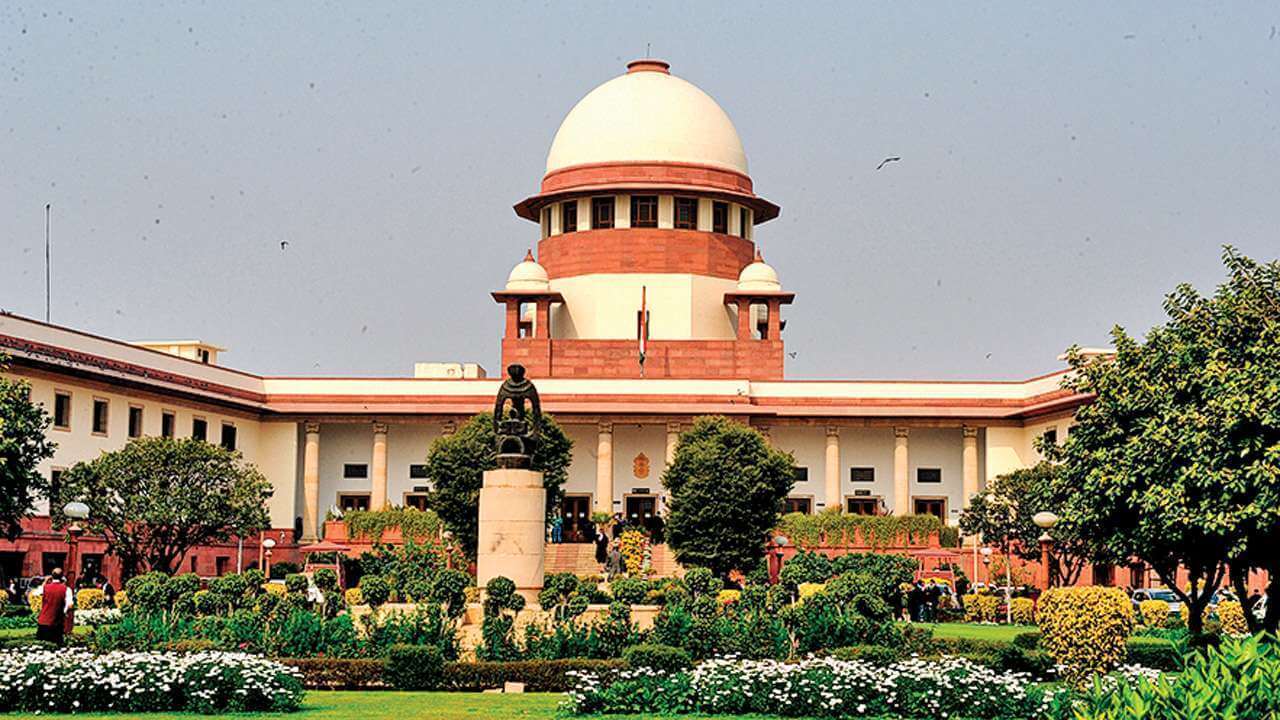


The Supreme Court in the case State of Haryana v Darshan Singh observed and has set aside the directions issued by the Punjab And Haryana High Court with regards to the issuance of summons to the prosecution witnesses in a criminal trial.
The High Court in its order passed on 27.05.2022 observed and has adopted the directions which are issued by the Madhya Pradesh High Court in the case Rambahor Saket and others vs State of M.P and re reiterated those guidelines as follows-
The court after framing of charges against the accused, summons is to be issued to the eyewitnesses or to those witnesses who are most material in order to prove the case of the prosecution.
If the summons is being returned unserved for whatever reasons, instead of wasting further time by resorting to the same process time and again, thus, the next summons must be served through the office of the Superintendent of Police
If the reason is to be given by the police in the report returning the summons unserved, wherein it reflects that the witnesses are unreachable or untraceable and that service cannot be affected on them on account of their non-availability and there is no prospect of them being found within a reasonable time, then the trial court must skip those witnesses and proceed to the next set of witnesses by issuing the summons to them.
The court is not closing the evidence of them but merely keeping them in abeyance, to be recorded as and when they are found by the police, by skipping the set of witnesses.
The Court must explore the possibility of examining formal witnesses and expert witnesses if any, and conclude the same and that the remaining witnesses for the prosecution who have not been examined on account of the inability of the police to produce them for reasons reflected in the report of the police.
Therefore, the court must close the case of the prosecution and proceed to the next stage of the case.
The court in its order stated that it shall not be open to the police to put forward reasons of law-and-order work or any other of their functions as excuses for not complying with the order of the Trial Court to secure the presence of their witness and such non-compliance on the part of the police may constitute contempt of the Trial.
The Punjab and Haryana High Court in the case observed and has directed that all the guidelines should apply to all courts within the territories of Punjab, Haryana, and Chandigarh.
The Supreme Court bench comprising of Justice S Ravindra Bhat and Justice Aravind Kumar set the said direction on August 08, 2023.
The court while considering the facts and circumstances of the case stated that it being evident that the impugned order has inadvertently or otherwise entirely overlooked Form 5 and 6 and the important provisions of the Code of Criminal Procedure, Section 83 and Section 174A of the Indian Penal Code.
Accordingly, the court set aside the directions to the State and to all Courts within the territories of Punjab, Haryana and the Union Territory of Chandigarh.